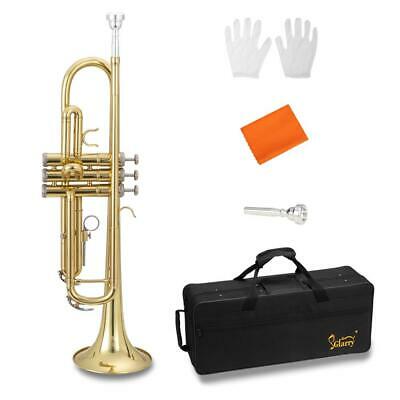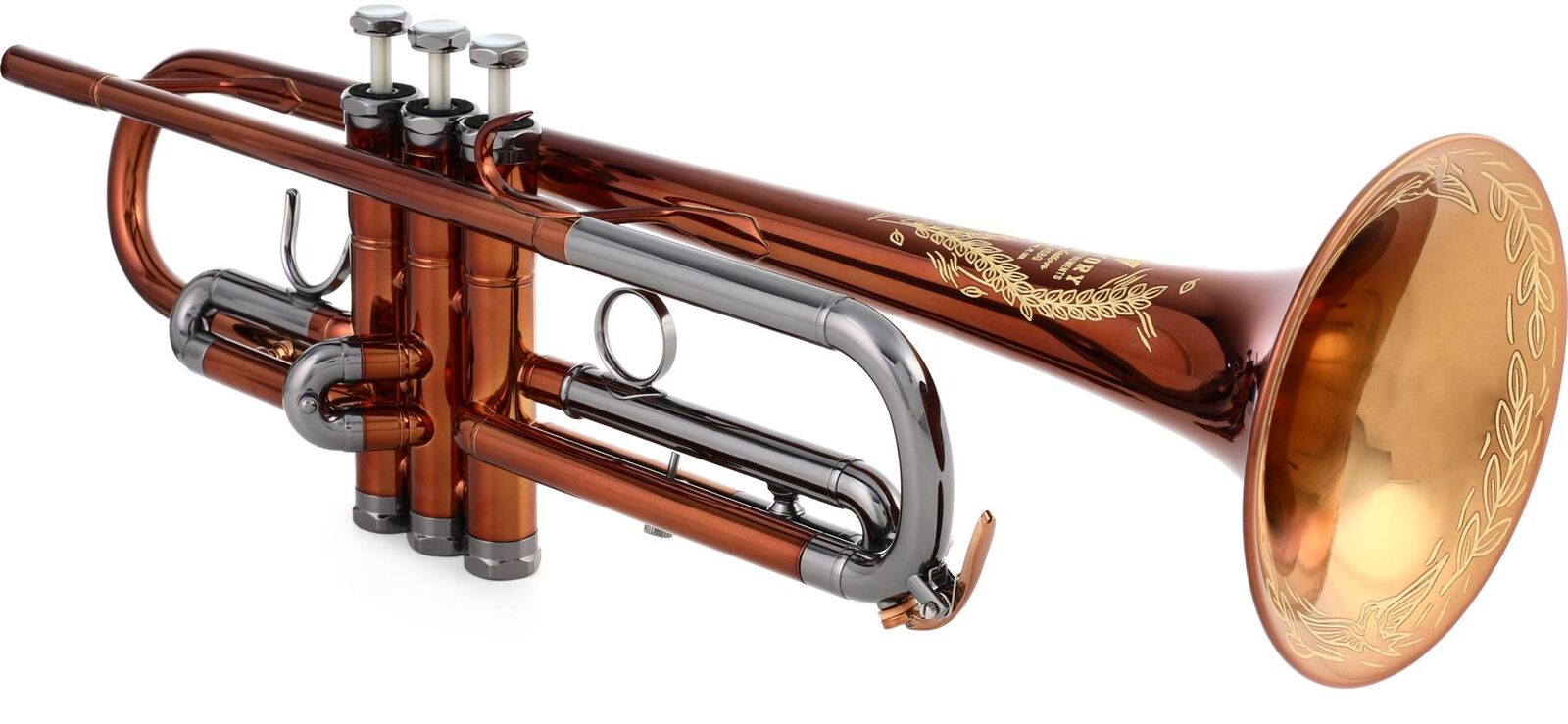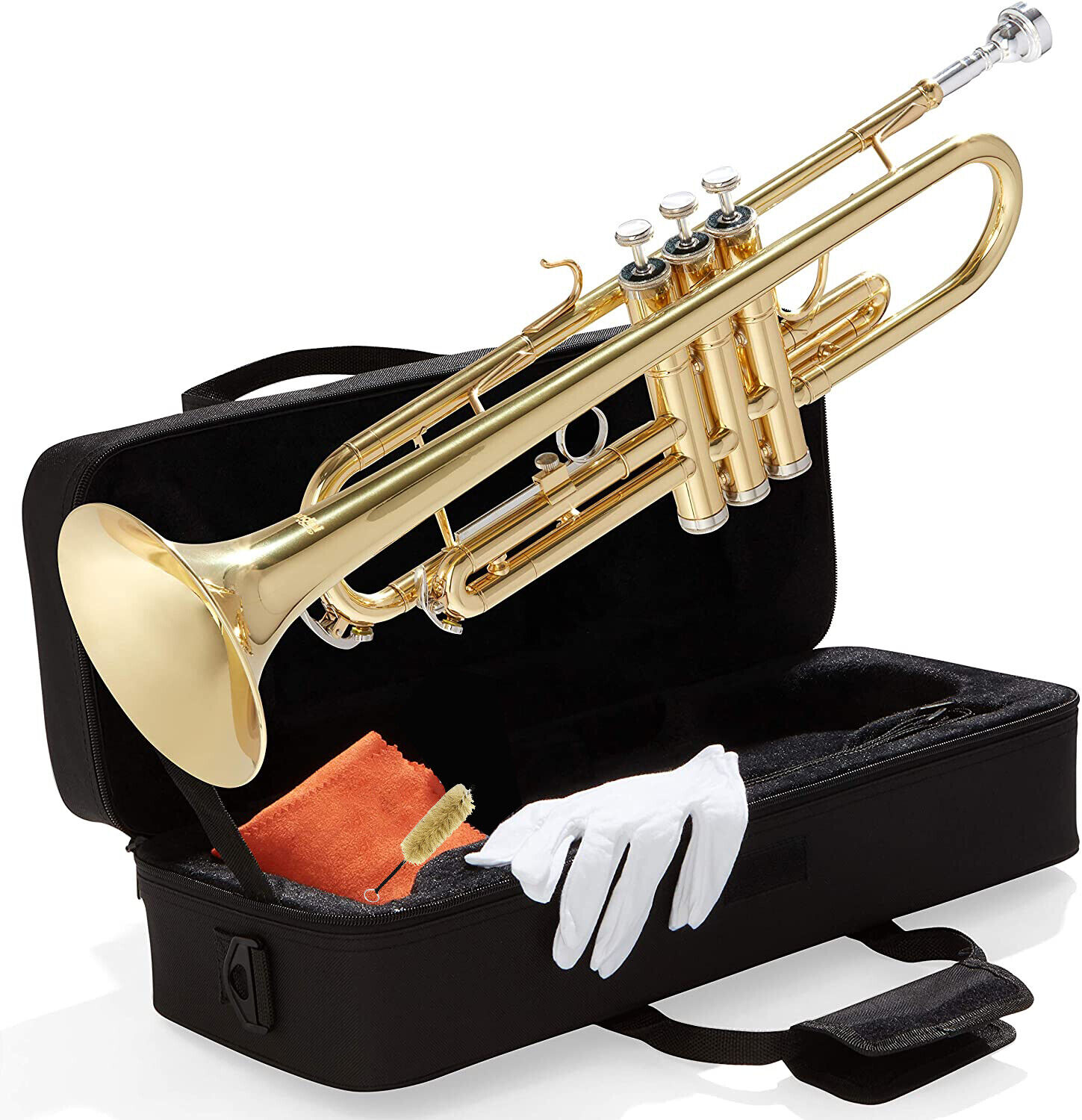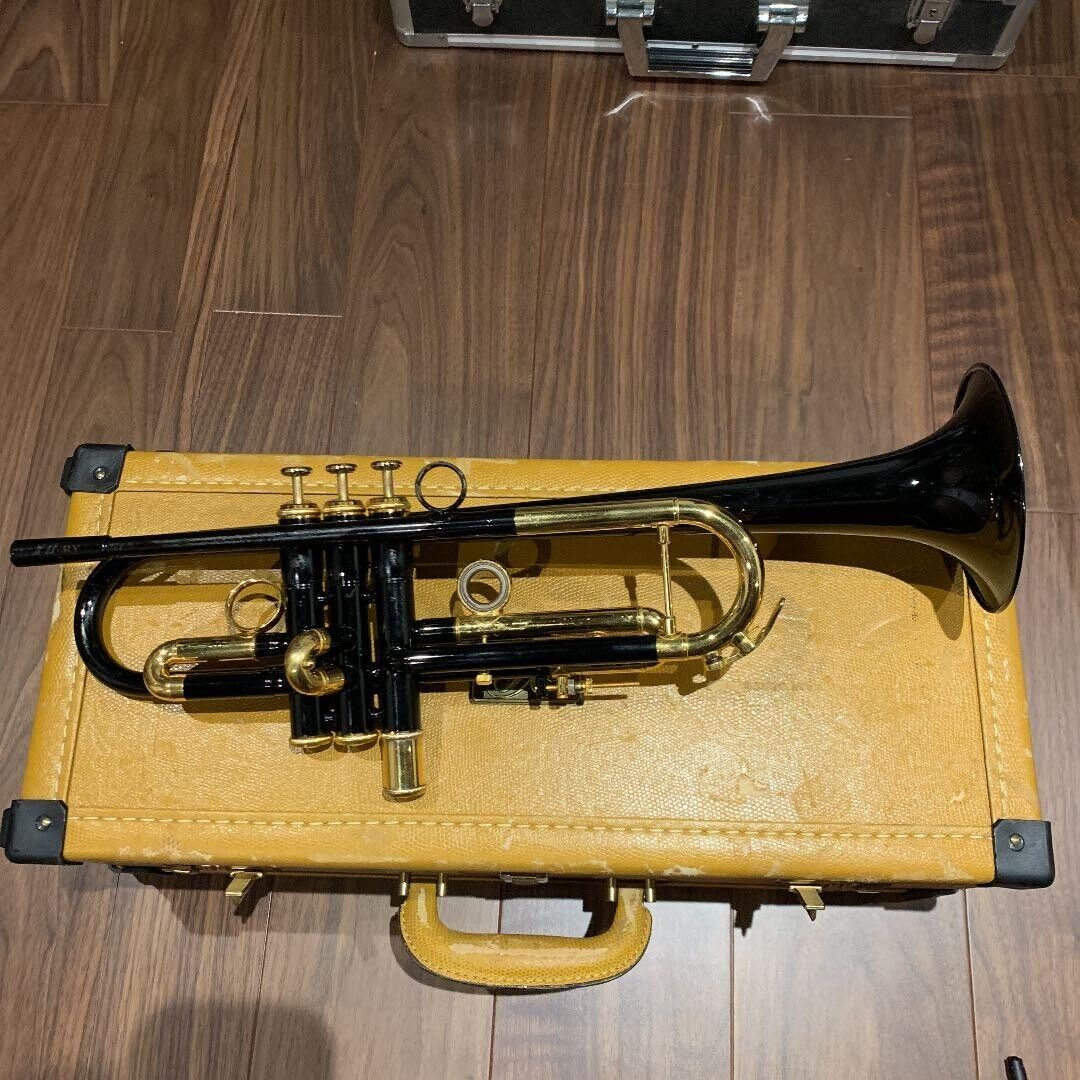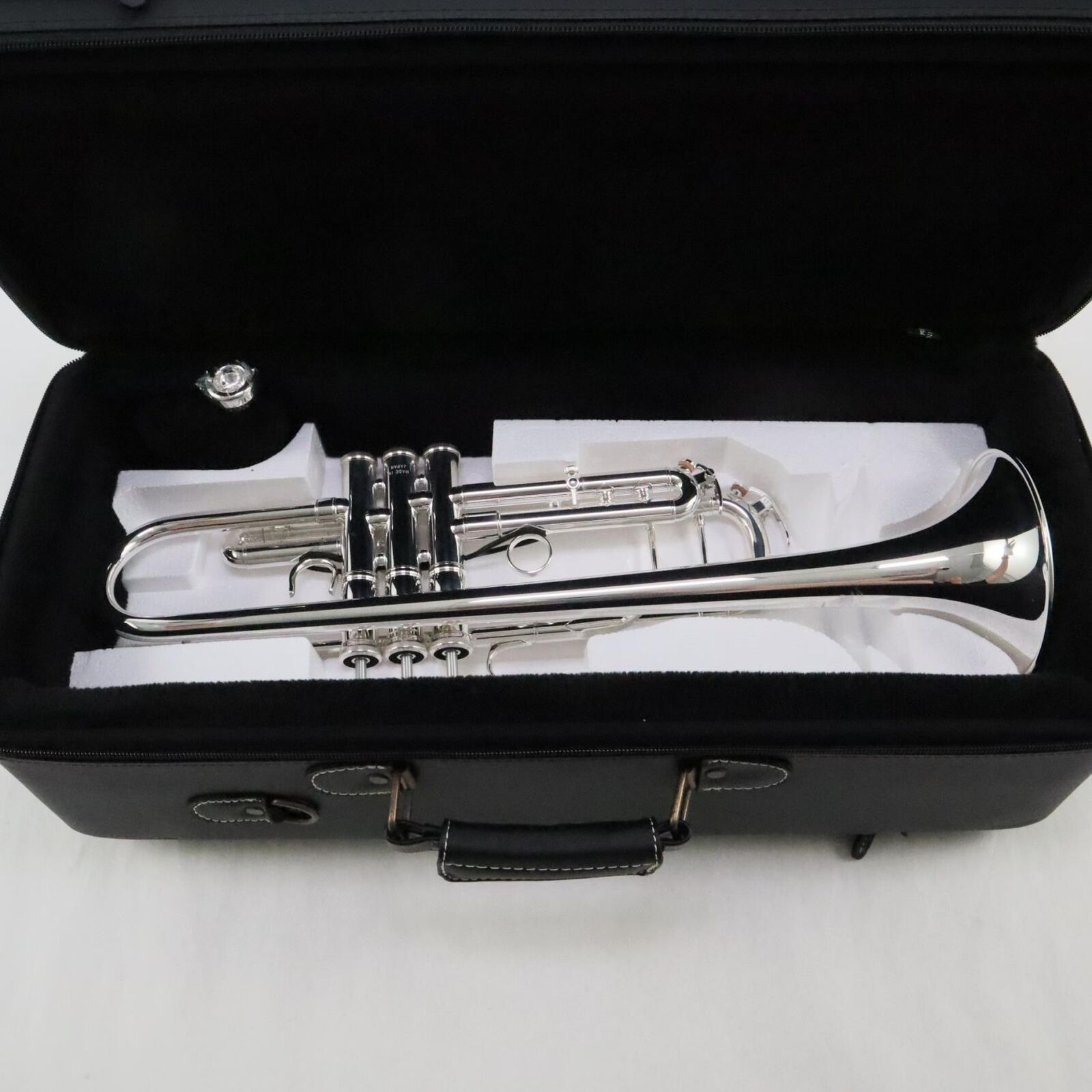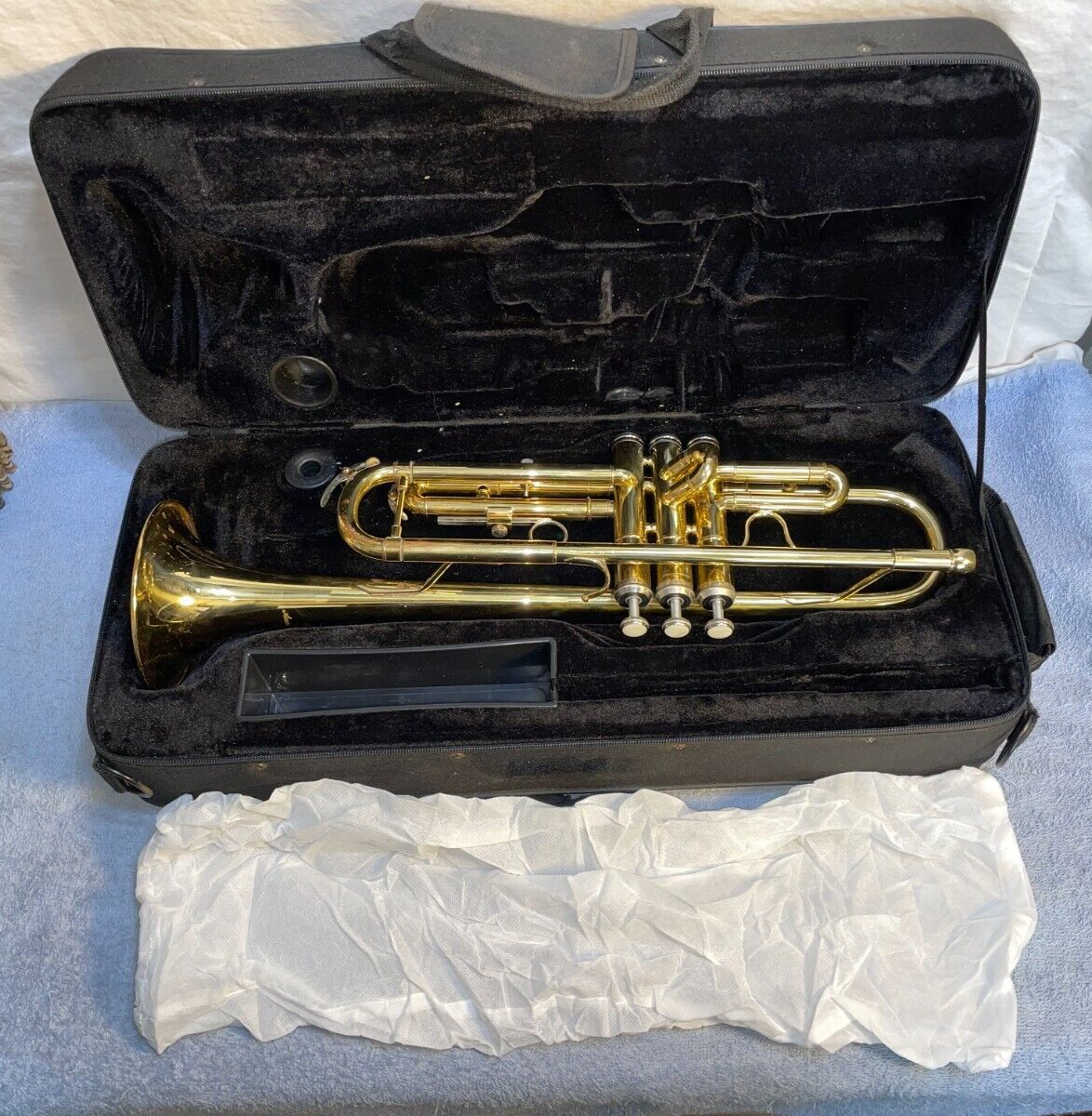-40%
Renaissance Cornetto Curved 440 Hz
$ 522.72
- Description
- Size Guide
Description
Professional Renaissance Cornetto curved in g /440 Hz , black leather covered, sycamore wood,copy of historical Italian cornetto from 16th century.This cornetto is characterized by perfect intonation, fast, precise articulation and a singing and beautiful tone,over two octaves g-d'''.
New!!!! In our offer you can find new -Cornetto Muto in F 440 Hz too .You are welcome.
On our website, you can hear a recording in which the virtuoso Gustavo Gargiulo, plays on cornetto - Van Eyck "Dafne" from Mr Tomaszewicz;s workshop.
The instrument
is
sell
with copy of historical
a mouthpiece in black bone boxwood
or acrylic, series - Amber. That new mouthpiece-Amber, play very nearly like bone with easy first octave and sweet second, , case
and
finger chart.
Very easy
to play
mouthpieces
,
on special
request
,
also
with a wide
edge, that is model by G. Tomaszewicz
After purchase
, you can select
one of the
mouthpieces
.
Small
for professionals
or
larger
for beginners
That cornetto is from Grzegorz Tomaszewicz,s workshop
If you will be not satisfied you can return that instrument in 30 days
On warranty, you are entitled to a free service of your instrument once a year
5 years warrante!!!
A few words about using Cornetto
1. Cornetto must be regularly lubricated olive for wind instruments, such as: almond oil, linseed oil, etc. If your instrument will not be oiled, then after some time you may find it has an inferior sound, with more noise, lower notes are played with more difficult
2. You must cornetto after intense play, naturally dry but away from stoves, radiators etc .. Avoid keeping it in extreme negative temperatures and positive temperatures.
3. The bony mouthpiece must also be cleaned (especially in the middle) also oiled
4. Like any wooden detective instrument, you have to play it very slowly. In the first week we play - 15 minutes, in the next - 20 minutes, etc.
5. In this instrument to play well, it is very important to choose a good mouthpiece for your mouth. Each of us is differently built, has a different teeth bite, mouth and therefore we have to find a "mouthpiece". Unfortunately, sometimes it takes a lot of time.
6. There is a lot of opinion that the cornetto is a difficult instrument to play due to the small mouthpiece and a big mouth effort. I will not agree with this opinion. Just as there are many schools playing the trumpet from very strong to light, the same is on cornetto. I rather use the method I once talked with one best cornetto musicans, not to press the mouthpiece tightly to my mouth and allow them to vibrate freely. This topic is definitely not simple and requires some time to master it. Undoubtedly, strength playing, on a very tense mouth, causes them to get tired quickly, flat sound, trouble sometimes with intonation. I suggest that you start with a short warm-up of your lips for a few minutes. Put the instrument on for 10-15 minutes and start playing again. In the initial period, do not force lips, play with frequent breaks.
7. As most of old instruments, also in the case of cornetto we can use interchangeable grips for the same sound. To understand this, it is enough to know additional tricks eg on recorder, because in cornetto we can play very similarly Np sound: c # we can play in the first octave with two closed holes in the right hand but sometimes you also have to close half a third of the hole. Sound: g # in the first octave is sometimes difficult to intonate, to make it more stable we can close some holes in the right hand.
8. Sometimes musicians who play on a one-piece cornetto have a problem with closing the lowest holes in their right hands, especially when they have small hands. To solve this problem, it may be a cornetto order with shifted holes that will fit into the hand of the musician, cornetto curvo or cornetto 3-part, the lowest part can be turned so that it matches the right hand.
Good luck
Grzegorz Tomaszewicz



